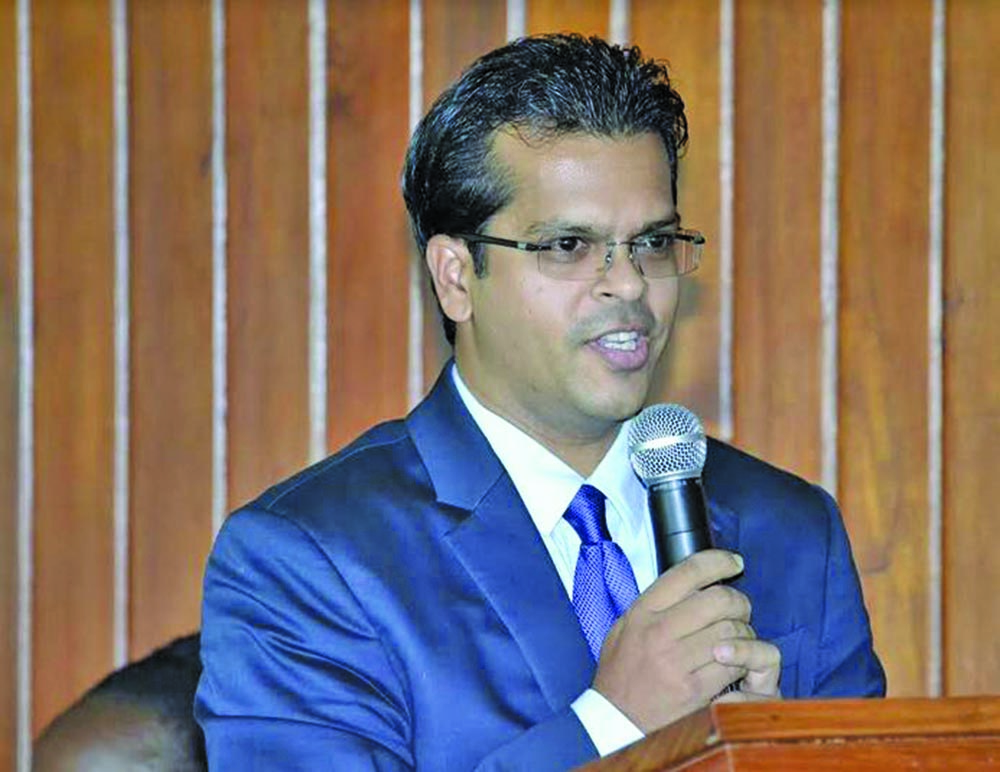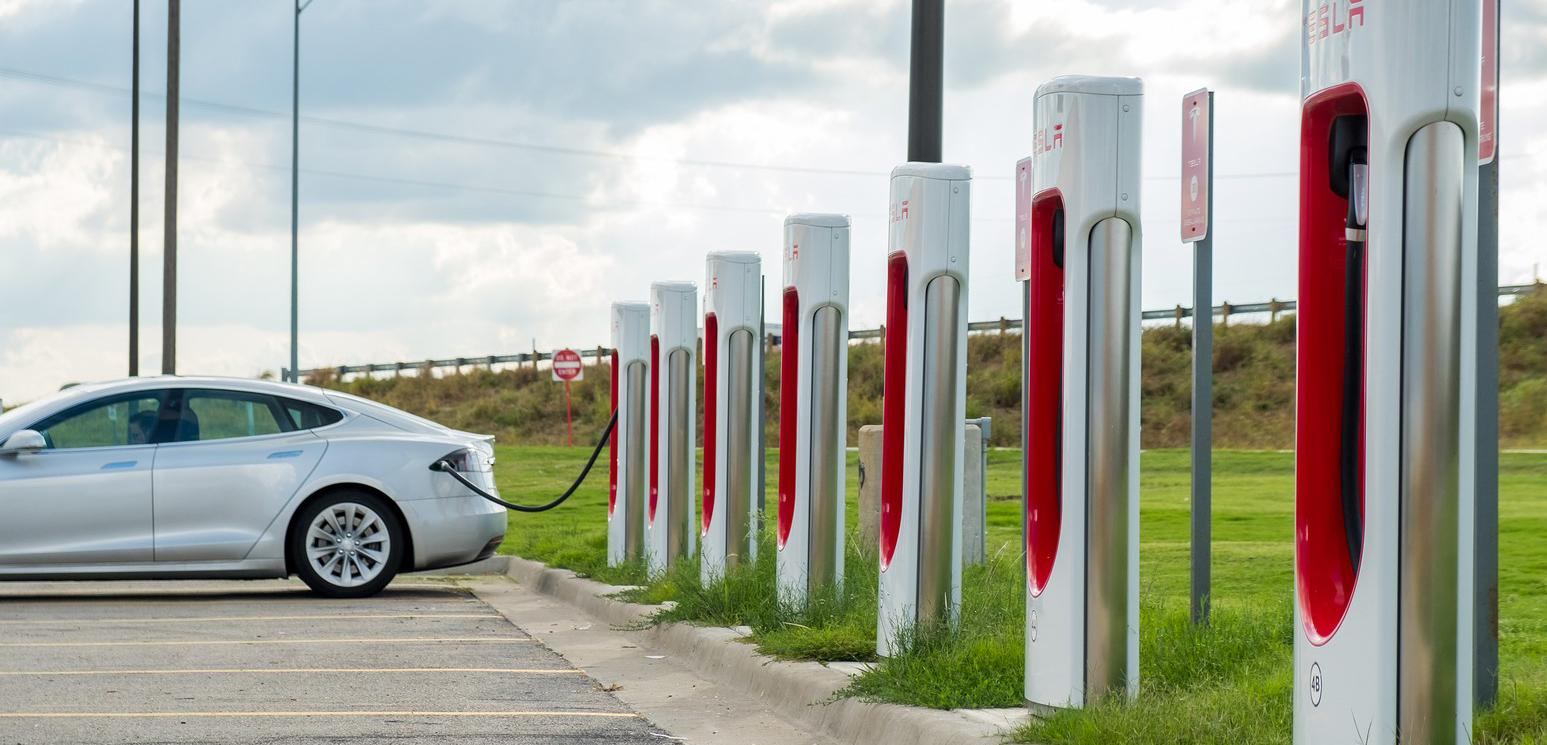There are about 116 electric vehicles (EVs) already in Guyana and the Guyana Energy Agency (GEA) has now invited bids for the supply and delivery of six EV charging stations.
The GEA’s Chief Executive Officer (CEO) Dr. Mahender Sharma told an energy roundtable discussion on Thursday that the shift to electric mobility is slowly occurring in Guyana with more than 100 vehicles now in the country.

There are also plans to work with the government to develop an “electric mobility” roadmap that will guide the development of the local electric vehicle industry.
Dr. Sharma reminded the gathering that the government has already reduced the taxes for electric vehicles. If the vehicle is more than four years old, there are no duties and taxes; if the vehicles are less than four years old, you only pay 14 per cent Value Added Tax (VAT).
Electric vehicles are driven by an electric motor rather than being fuelled by gasoline. And the electric motor retrieves its energy via a controller that regulates the degree of power depending on the driver’s accelerator pedal use.
These vehicles are powered by rechargeable batteries- which can also be used for performing other functions like the functioning of the lights and wipers.
Because these cars are powered by electricity and not fuel, charging stations would be needed to supply the expanding industry. And Dr. Sharma said the GEA is partnering with the Guyana Power and Light (GPL) to establish six charging stations.
“We’re yet to confirm with the areas that we’re going to place them at,” Dr. Sharma said.
An invitation for bids for these stations was, however, published on Thursday.
The GEA Head also said that the agency is in talks with the Inter- American Development Bank (IDB) to establish a training programme for local mechanics and electricians that will allow those individuals to service the electric vehicles.
Prime Minister Brigadier (Ret’d) Mark Phillips, during the recent International Energy Conference and Expo, highlighted that Guyana intends on developing a local carbon transportation infrastructure.
“To accomplish this, we intend to foster the development of an electric vehicle industry to substitute fossil fuels with electricity while enhancing the ability of the electric grid to integrate high levels of intermittent renewable energy,” the Prime Minister said then.
And he noted that the fast-charging stations will be piloted in Regions Three, Four and Six.








